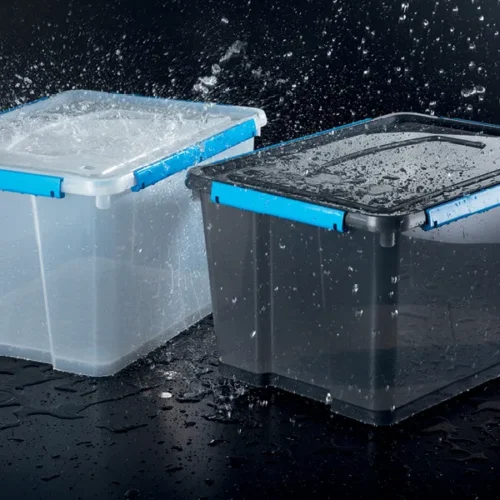A reliable hot water system plays a crucial role in every home, ensuring that daily tasks like showers, laundry, and cooking remain uninterrupted. Yet, many households face sudden breakdowns that could have been avoided with better use and upkeep. By understanding the basics of care, you can extend the system’s life and enjoy consistent performance without the need for frequent repairs.
For homeowners in Round Rock, adopting the right habits and scheduling timely checks makes all the difference. Local experts for water heater installation in Round Rock, TX, emphasize that usage and maintenance practices directly affect system health. These tips help families in the area reduce the chances of breakdowns and keep costs under control.
Select the Right System for Homes
The first step in avoiding issues is selecting the right hot water system for your household’s needs. Every family has unique demands, so the size, energy source, and efficiency rating are important factors to consider. A smaller unit may strain under heavy use, while an oversized system can waste energy.
Round Rock residents should also consider local climate and water quality when making a choice. Hard water is common in many regions of Texas, and this can cause buildup that shortens the lifespan of the system. Investing in professional guidance during selection helps prevent future problems and ensures comfort year-round.
Regular Flushing Keeps the Tank Clear
Sediment buildup inside a hot water system is one of the biggest causes of trouble. Over time, minerals accumulate at the bottom of the tank, making it more difficult for the heater to function efficiently. This raises energy bills and puts strain on the system.
In Round Rock, flushing the tank at least once or twice a year helps remove this buildup. Households with harder water may need more frequent flushing. A clean tank lasts longer and delivers hot water faster, reducing the risk of breakdown.
Proper Temperature Settings Matter
If your water system runs too hot, it may feel nice during colder days, but it can wear down the unit faster. A temperature set too high also increases the risk of scalding accidents in homes with children or seniors.
Most experts in Round Rock recommend keeping the thermostat around 120 degrees Fahrenheit. This balance maintains water at a warm enough temperature for daily use while protecting the system from unnecessary stress. The right temperature also enhances energy efficiency, reducing monthly bills without compromising comfort.
Insulation Protects System Efficiency
Poor insulation causes hot water systems to work harder than they need to. Heat escapes through uninsulated pipes, causing the unit to cycle more frequently. Over time, this leads to wear and possible breakdowns.
Insulation on pipes and the heater itself is a simple step that saves energy and reduces stress on the unit. In Round Rock, where temperatures can swing between hot summers and cooler winters, proper insulation ensures stable performance and longer system life.
Call Professionals for Maintenance
While simple tasks like flushing and temperature checks can be done at home, yearly inspections by a professional are essential. Trained technicians in Round Rock can spot small issues before they turn into costly repairs. They check pressure valves, inspect for leaks, and ensure the system meets safety standards.
Experts who specialize in water heater installation in Round Rock, TX, gives homeowners peace of mind. Their knowledge of local water conditions and system types helps keep units working smoothly and reduces the risk of sudden breakdowns.
Hot water systems are essential for comfort, but careless use leads to unexpected breakdowns. Choose the right size, perform regular flushes, set safe temperatures, apply insulation, and schedule professional checks to help families in Round Rock keep their systems working for years.
Consistent care prevents costly repairs and ensures a steady supply of hot water for daily needs. With these practices, Round Rock homeowners can enjoy peace of mind and better efficiency from their hot water systems.




